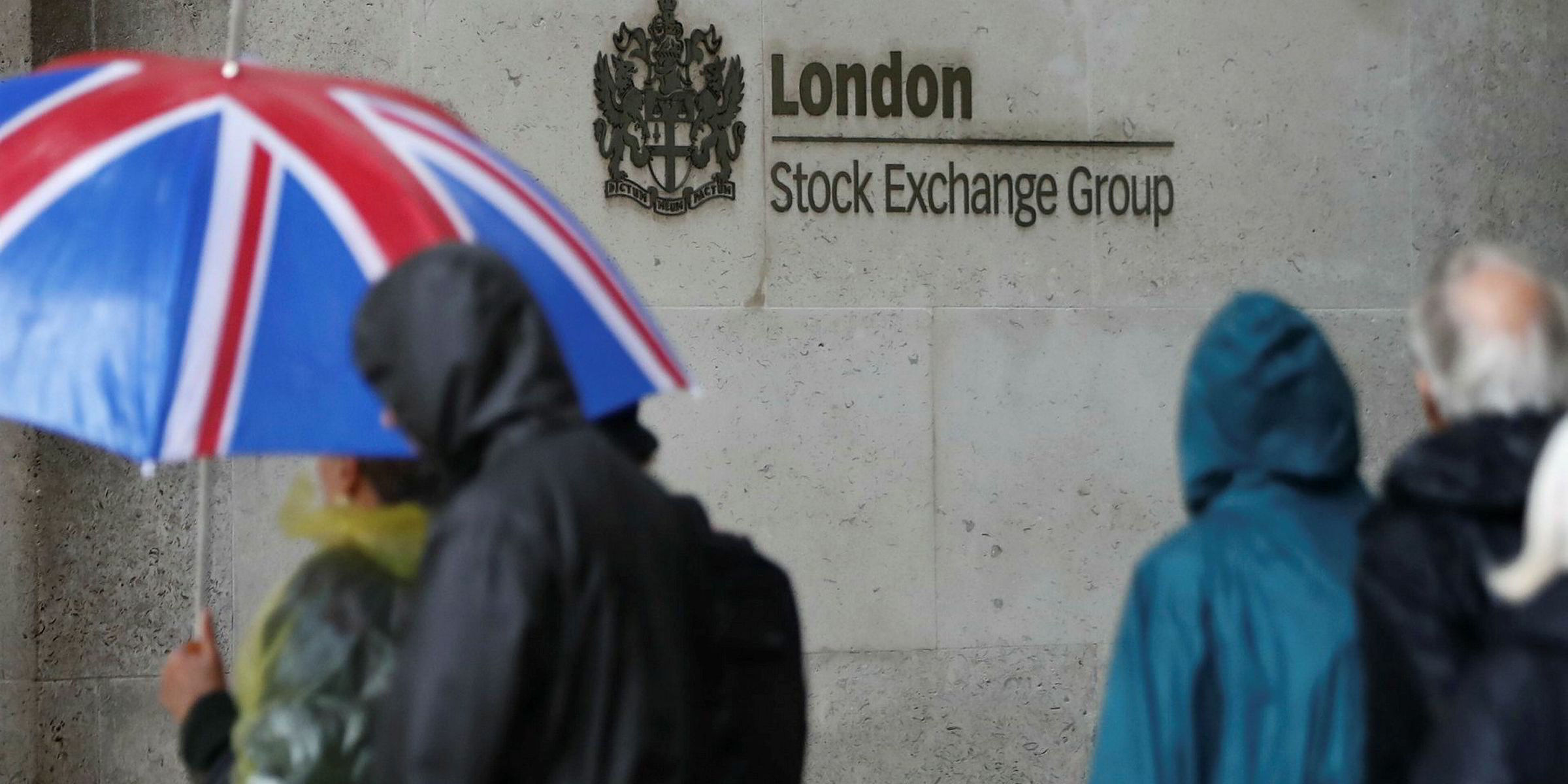Shareholder protests over directors pay, such as the one that entangled Clarksons earlier this summer, are spreading to a wider range of UK-listed companies, a new report has found.
Significant investor rebellions over executive remuneration have taken place this year at 29 of the companies in the FTSE 250 – the London market’s second tier stocks, the Investment Association said today.
The number of protests where more than 20% of shareholders voted against remuneration resolutions has more than double the number seen in 2016.
“Data from the 2017 AGM season shows that investors are flexing their muscles and holding big business to account,” said Chris Cummings, chief executive of the Investment Association, which represents 200 UK investment managers who collectively manage over £5.7trn on behalf of clients.
In May, Clarksons, which is a FTSE 250 company, saw 26% of its shareholders vote against its directors’ remuneration report and remuneration policy.
At its AGM in 2016, only 10% of shareholders voted against the directors’ remuneration report.
Evidence has also emerged the UK’s biggest companies are responding to investor rebellions with a 35% decrease in remuneration resolutions at FTSE 100 companies that received more than 20% dissent, the Investment Association said.
There was a 400% increase in rebellions among smaller FTSE 350 companies, with six firms withdrawing their policies to avoid a public clash with investors.
Activism growing
Shareholder activism has been on the rise on both sides of the Atlantic in the last few years, with companies’ boards coming under increasing pressure. US-listed shipping companies have faced increasing scrutiny over their standards of corporate governance.
“Shareholders are also turning up the heat on individual director accountability at this year’s AGMs, with votes cast against individual directors soaring 525%, from four directors in 2016 to 21 directors in 2017 seeing 20% or more votes against,” the Investment Association added.
After its May AGM, Clarksons said: “We have engaged with the company’s major shareholders in order to fully understand their concerns relating to the directors’ remuneration report and policy and will continue to engage with shareholders throughout the year.”
Clarkson’s remuneration committee is chaired by non-executive director Ed Warner who has spent much of his career in the City, but who has a high public profile from his role as head of UK Athletics.
Clarksons chief executive Andi Case was paid a £550,000 basic salary in 2016 and received a performance related bonus of £2.94m, which along with other payments gave him total remuneration of £3.678m.
Writing in Clarkson’s 2016 annual report, Warner said the remuneration committee had undertaken a comprehensive review of its policy. Although it judged it “appropriate” it had strengthened certain elements.
“The overarching objectives of the remuneration policy are to ensure rewards are performance-based and encourage long-term shareholder value creation,” he wrote.
Clarksons this week reported a 25% rise in interim pre-tax profits to £21.9m and lifted its interim dividend by 1p to 23p per share.




